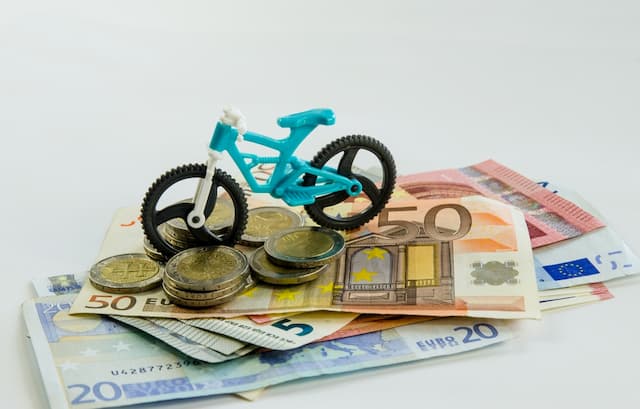Transport: What are the Aids for Buying an Electric Bike?

If the electric bike allows you to travel without too much effort or pollution, its high purchase cost can slow down more than one. Financial aid helps to reduce the bill
It’s all well and good to ride a bicycle for daily commutes, but if the distance is a bit too long or has too many climbs for you to swim to work. The alternative: opt for an electric bike, which allows you to pedal without forcing. Except that the average price of this machine reaches a little over 1,000 euros. A nice sum that is not within the reach of all budgets.
A limited national bonus
In order to encourage ecological and responsible mobility, a financial aid subsidy aimed at reducing the cost of this purchase was put in place during the previous five-year period, in 2017. This bonus, reserved for the new electric assistance bicycle, does not use battery lead, was at the time set at 20% of the acquisition cost, excluding options, within the limit of a ceiling of 200 euros. A year later, the new government tightened the screws drastically.
Only national adults who were non-taxable the year before the acquisition of the bicycle can benefit from this national aid. And it must necessarily have obtained a purchasing aid from a local authority to claim the national bonus, knowing that the accumulation of both must not exceed the mentioned ceilings of 20% and 200 euros.
If you meet these conditions, you can apply within six months after the purchase of the bike, via the form available on the official website of the public service .
Communities in reinforcement
It is therefore to municipalities that we must turn to enjoy real financial support. Some are more generous than others. For example, anyone living in Paris can claim a subsidy of 400 euros, and even 600 euros for cargo bicycles , up to a limit of 33% of the purchase price.
The department of Bouches-du-Rhône has launched on 1 January 2019 aid reaching 25% of the price and 400 euros for the first thousand applicants, without means test, while Arras and Rouen participate for 30% of the amount of the electric bike, capped at 300 euros.
In Clermont, in the Oise, the envelope amounts to 200 euros, while in Nanterre and Caen, the amount of care varies according to the tax category of the household and up to 200 euros respectively. 250 euros. In Occitanie, on the other hand, you have to be tax-free to get 100 euros from the region. It is therefore advisable to inquire with your town hall to know what assistance you are entitled to.
Enjoyed this? Get the week’s top France stories
One email every Sunday. Unsubscribe anytime.


